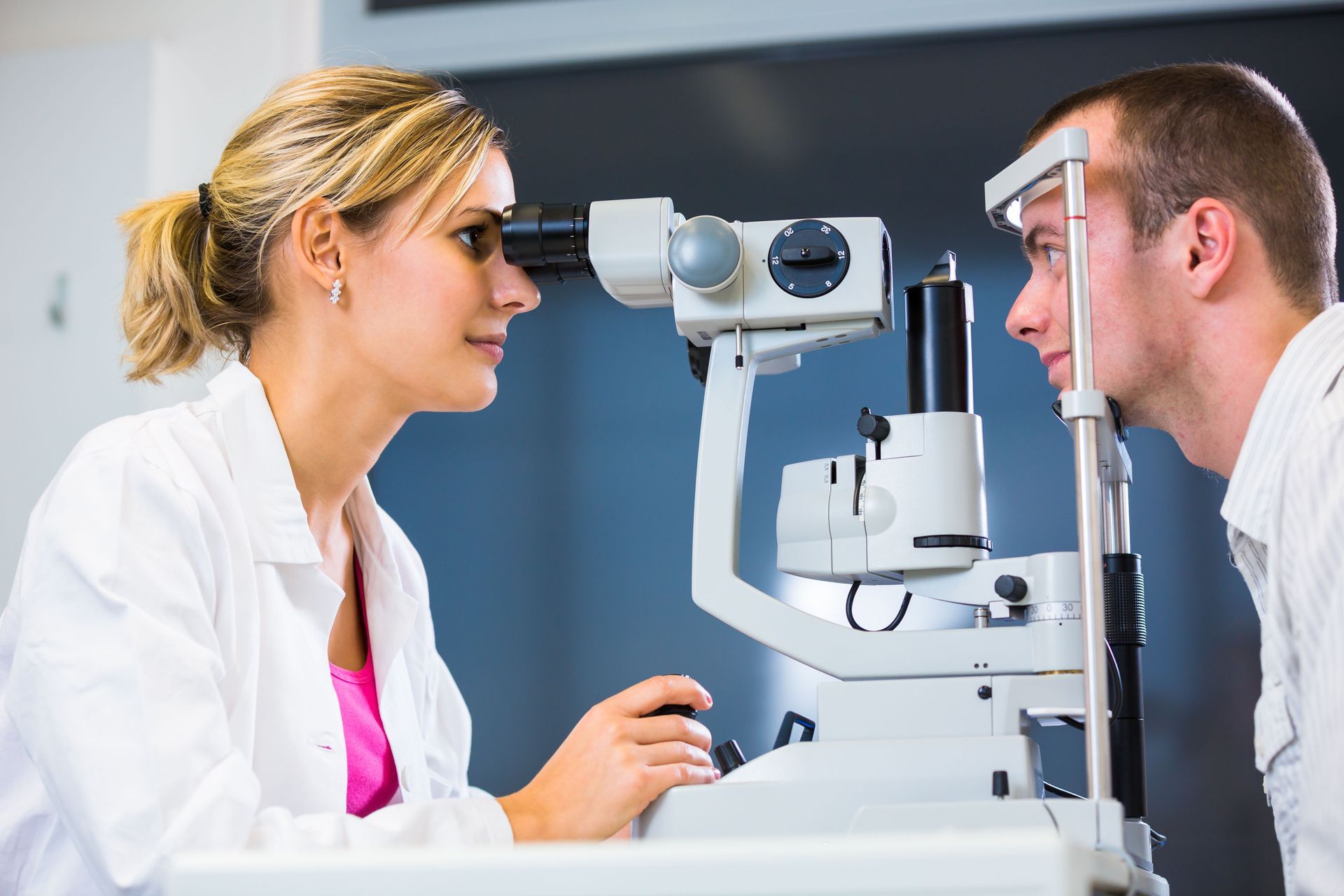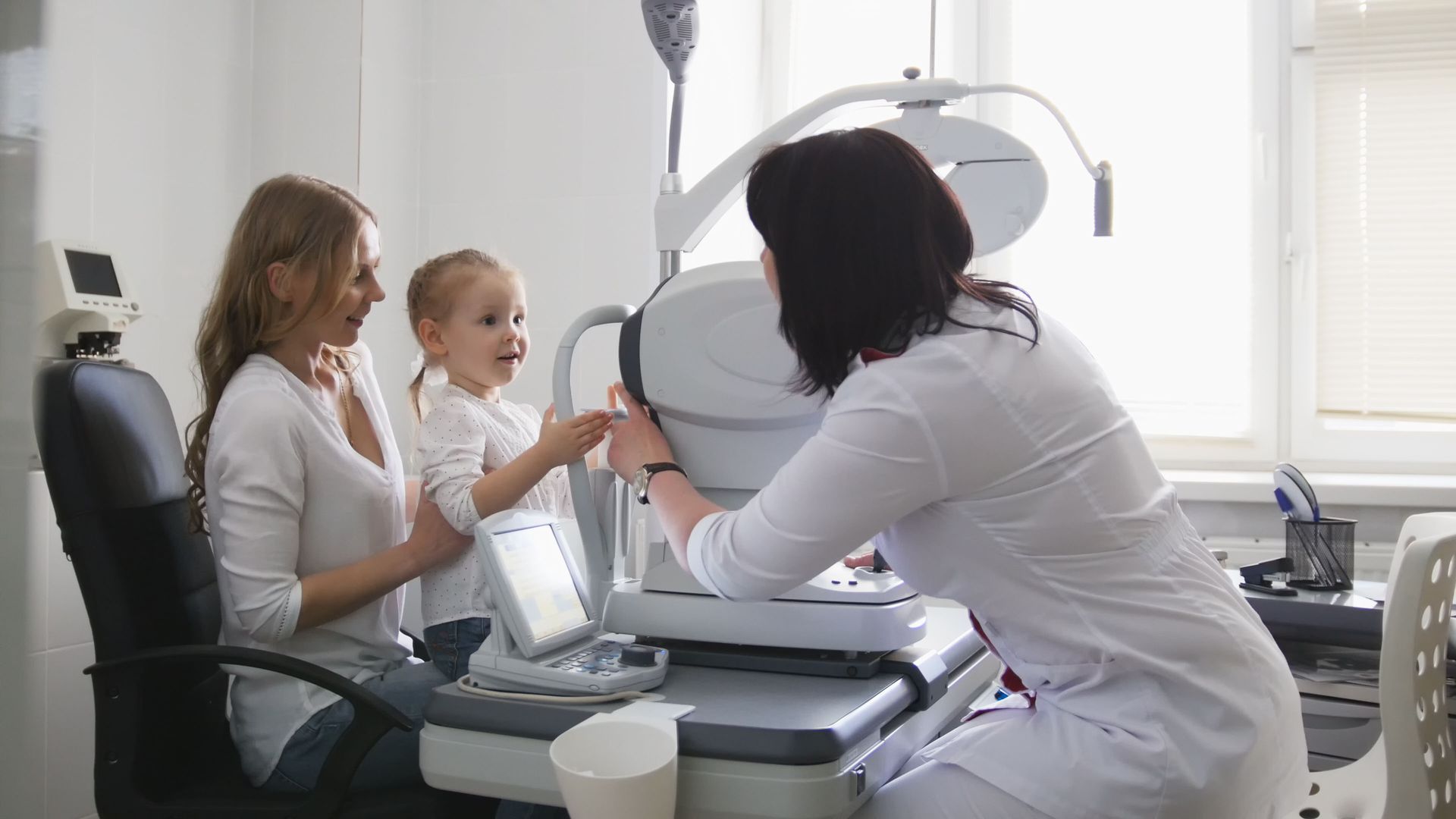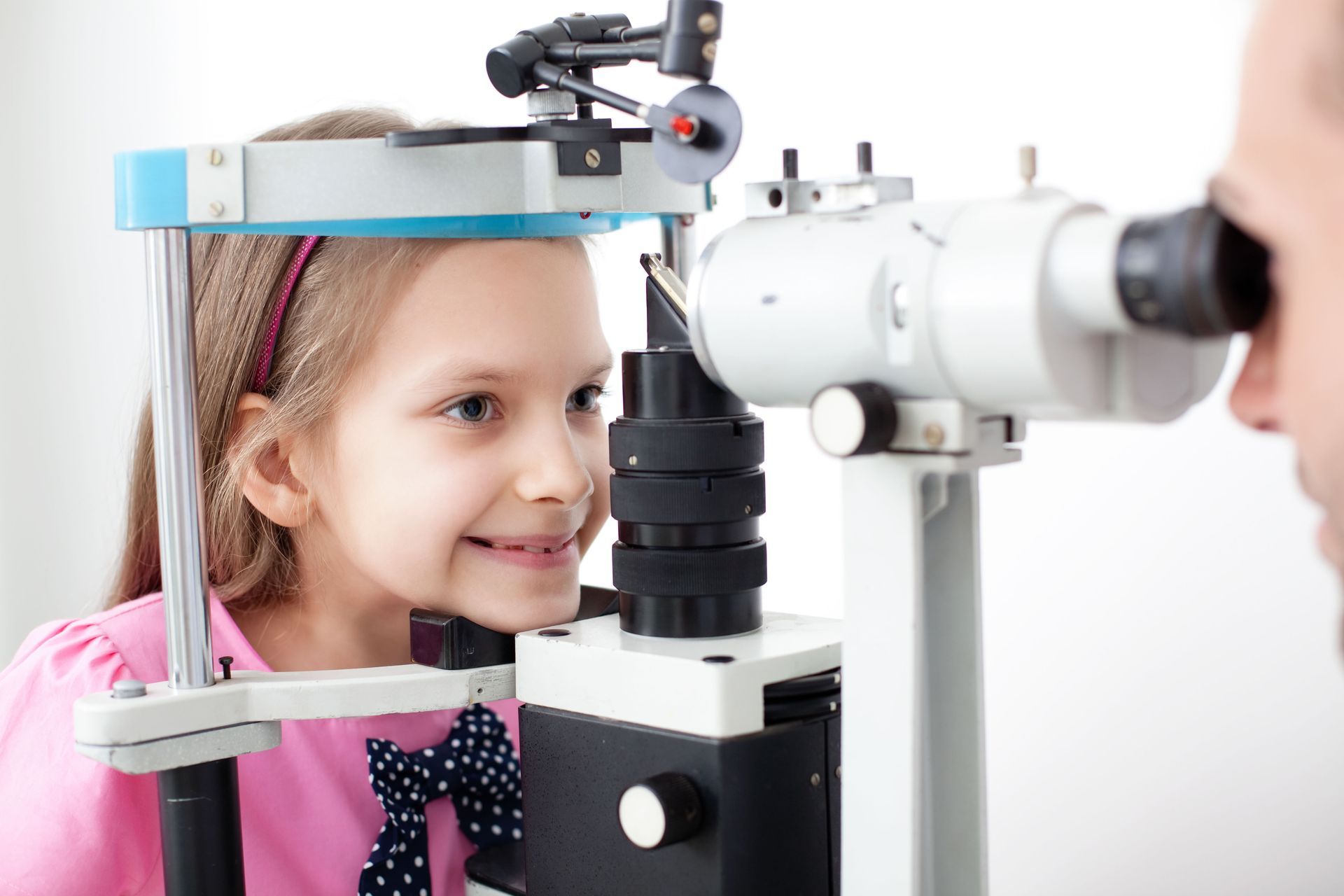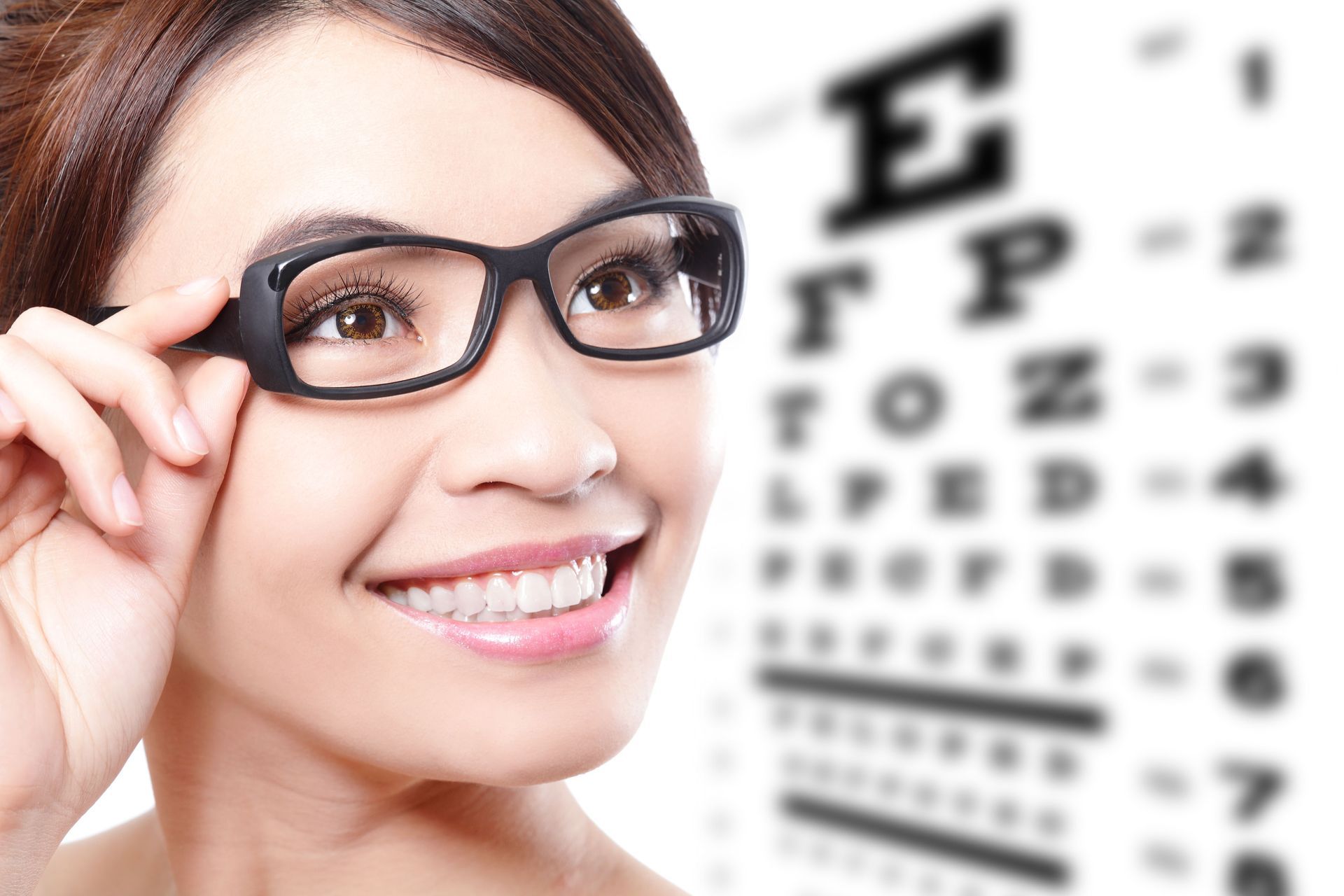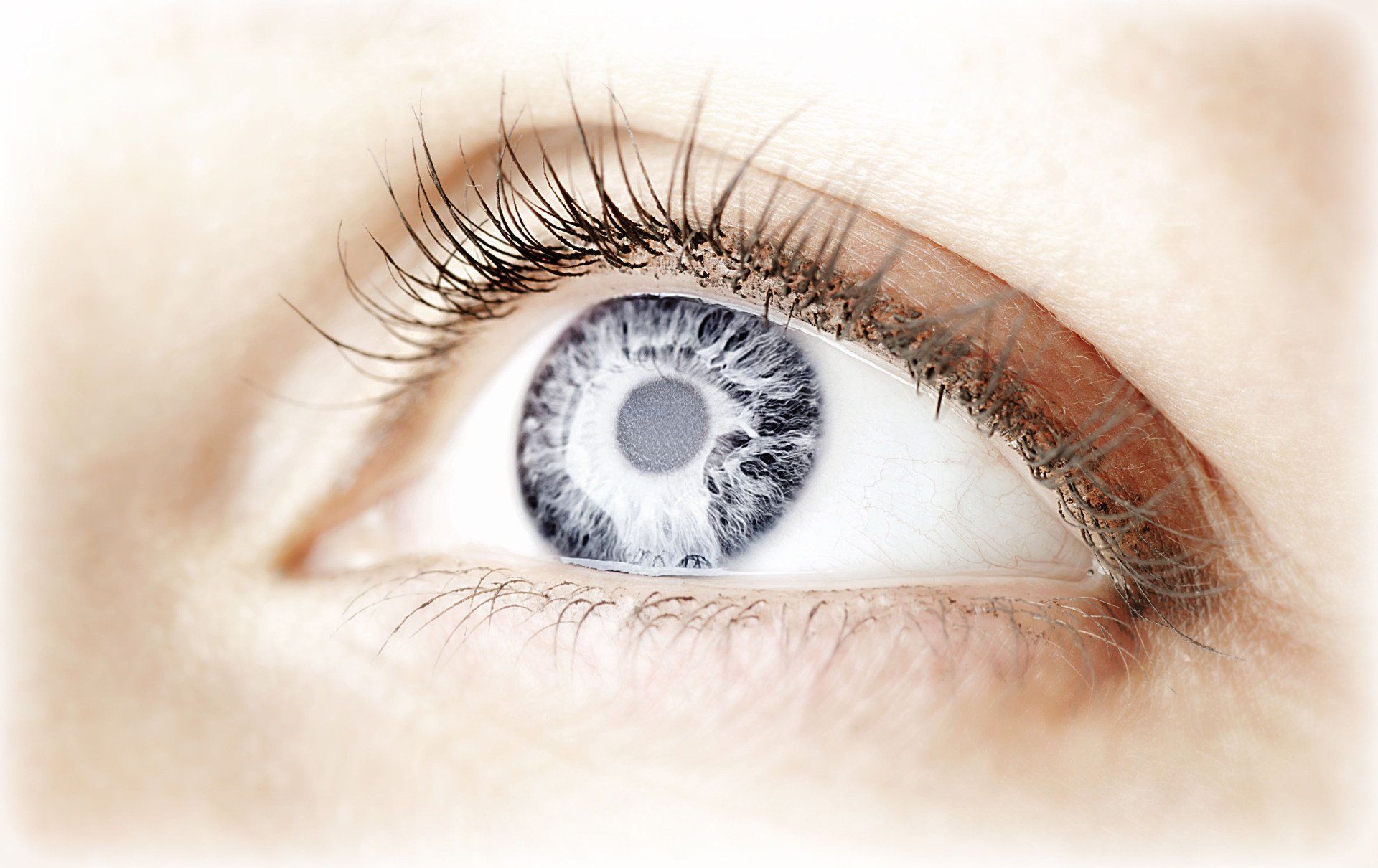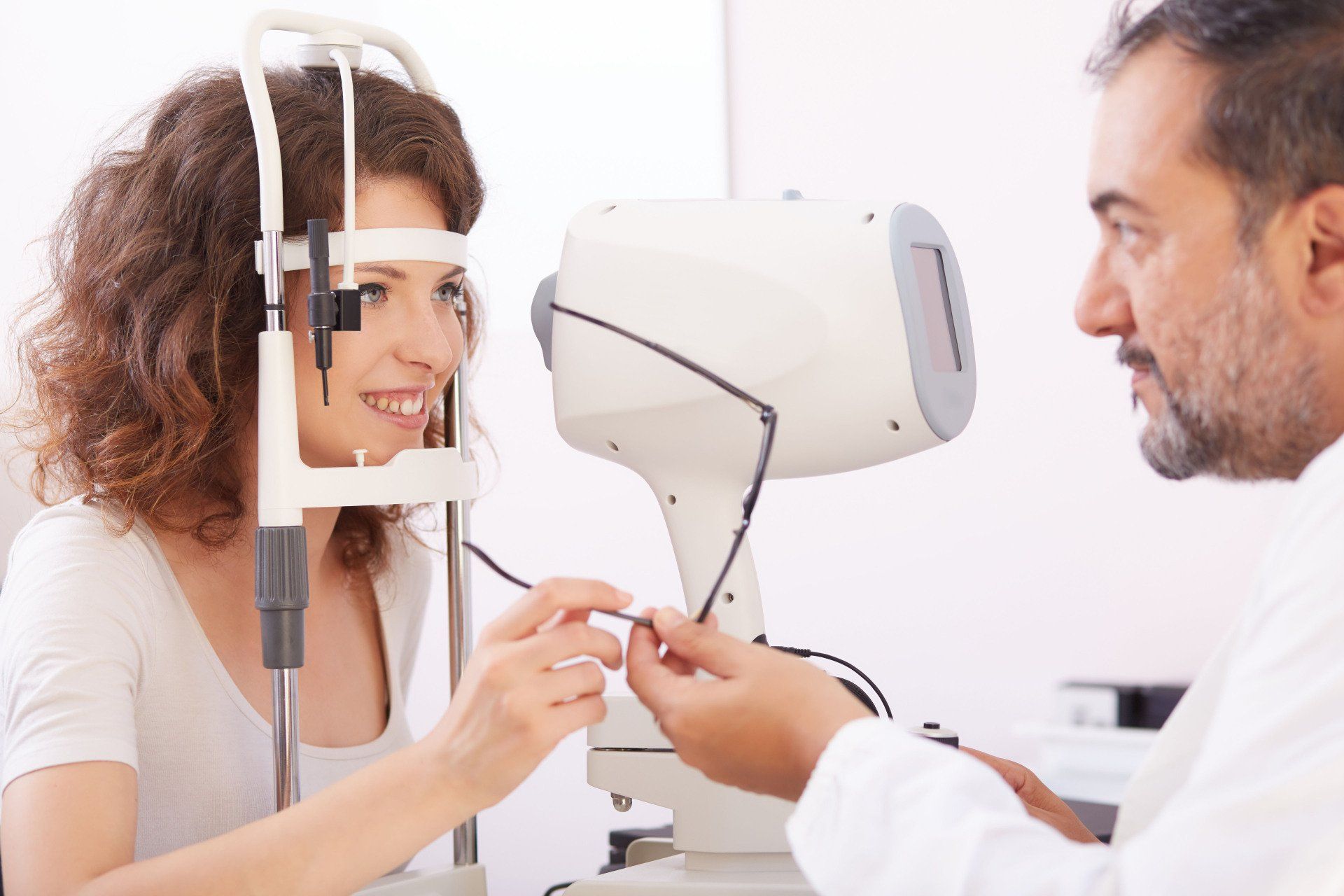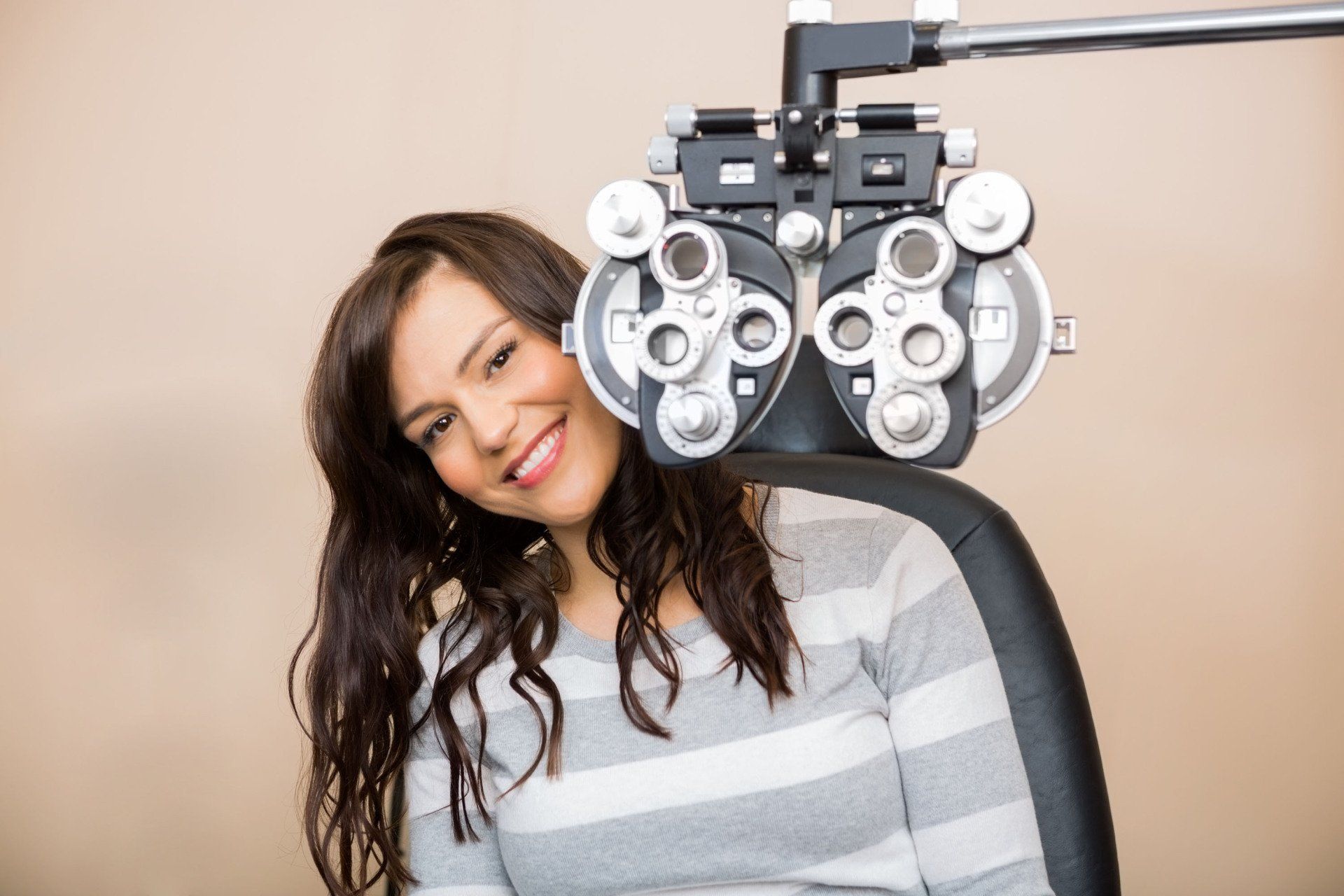How Vision Therapy Services Can Help You
If you've been blessed with the gift of good sight, never take it for granted. What seems to be an everyday occurrence for most of us is the dream of many vision-impaired people, who sometimes think that they have nowhere to turn. When you have vision problems that go beyond the ones that glasses can fix, who do you turn to for help?
Vision therapy services have emerged to try and answer this question, by allowing trained doctors to do one-on-one therapy and improve the eyesight of patients. By getting to know each patient individually and performing specific tests, doctors can determine exactly what is wrong with someone's vision and help them perfect it over time. This is important work, and we think you should know about vision therapy services because of the reasons below.
It's More Common Than You Think
If you think that vision disorders are a relatively rare thing, then unfortunately we have some bad news for you. Approximately 6.8% of children younger than 18 years in the United States have a diagnosed eye and vision condition. Nearly 3% of children younger than 18 years are blind or visually impaired, defined as having trouble seeing even when wearing glasses or contact lenses. These types of problems only get worse with age, and if you or your child has never expressed how bad their vision is, then they might simply think it's a part of life. If a child has never seen the individual leaves on a tree before, anyone can get used to a big green blur.
Individual Therapy is Best
It's all too common within the medical system that doctors and patients don't get to spend enough time together. But when you don't know what is ailing someone, how can you fix it? A vision therapy service are different than other methods of treating patients because they allow a trained specialist to work with an individual patient and try to "see" things from their perspective. With this time and attention paid to detail, vision therapy services are the opposite of a quick doctor's visit. They take time to know patients and what is ailing them with their vision to try and provide the best solution.
Go Beyond the Most Common Tests
Often, people's first objection to vision therapy services is that they've "passed all their vision tests before" at common places such as school or the DMV. We regret to inform you that these tests are rather simplistic and only test the bare minimum amount of vision requirements need to enroll in a public school or attempt to drive a car. While you may be able to see and identify letters that come up during these tests, these can't indicate whether you have problems with depth perception, get dizzy under intense lights, see splotches, or other vision problems. When you enroll in a vision therapy service, you can go beyond the most common tests and get to the true heart of how accurate and good your vision is.
Vision Disorders and Learning Disorders Go Hand in Hand
When you have a vision disorder, you often have trouble learning. This makes sense, as it can be difficult to read a book, watch a video or see what a teacher's doing. By going to a vision therapy service and addressing these issues, you can often correct for learning disorders as well. When you can see, you can learn much better.
You Can See Clearly Now
When you seek out a vision therapy service, there's nothing to be ashamed about or admit defeat over. Lots of people have undiagnosed or misdiagnosed vision disorders that affect their lives on a day-to-day basis but never undergo vision therapy services. By taking this first step to enrolling yourself or your child, you'll be beginning the journey to becoming the best self that you can possibly be without compromises. If vision therapy yields that you need to have eye surgery, corrective lenses, or anything else to improve your vision, then you're better off knowing instead of groping around in the dark. When you're ready to see clearly and become your best self, be sure to contact the Vision and Learning Center for vision therapy services today!
VISIT US
HOURS
HOURS
CONTACT US
- Main: (610) 477-3794
- Local: (610) 477-3794
- Alternate: (610) 489-1828
- Fax: (484) 971-1214

